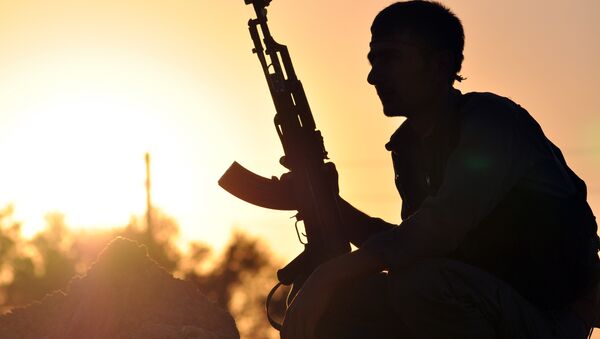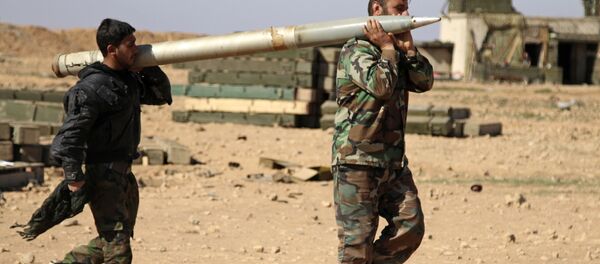At the moment, the SDF, comprising Kurdish (People's Protection Units or YPG) and Arab fighters, appears to be better positioned to go through with the offensive. If so, a liberated Raqqa will most likely become part of Rojava, or Western Kurdistan, an autonomous region made up of several self-governing cantons.
"The Syrian Democratic Forces and the People's Protection Units will be clearly hailed as heroes once the bulk of Daesh forces are pushed out of the city. They will also become Washington's proxies in the country," the Vzglyad newspaper asserted.
This will not endear the Kurds to Damascus. If Raqqa adopts a federal system, "relations between Syrian Kurdistan and the government will deteriorate" to the point when tensions could lead to clashes between the YPG and the SAA, the daily noted.
This could be what US policymakers are bargaining for.
"One cannot rule out that support for Greater Kurdistan could be one of the key components of Washington's strategy in the Middle East," the media outlet observed. "In this context, the Syrian Kurdistan will become a driving force of Syria's federalization, a process that the US will benefit from."
"Ideally, the victory over Daesh will become a major event marking the end of Obama's political career," the daily asserted. If so, the operation has to end until the year is out.
At the same time, the overall US strategy with regard to the war-torn Arab country will stay the same. "In the coming years, Washington will most likely try to turn Syria into a federation regardless of who wins the presidential election in the US," the media outlet added.
"For its part, Russia is still capable of exerting an influence on Syrian Kurdistan," Vzglyad observed. "If need be, Moscow could serve as a mediator who could help Kurdish authorities and Damascus reach a compromise on who governs Raqqa."



